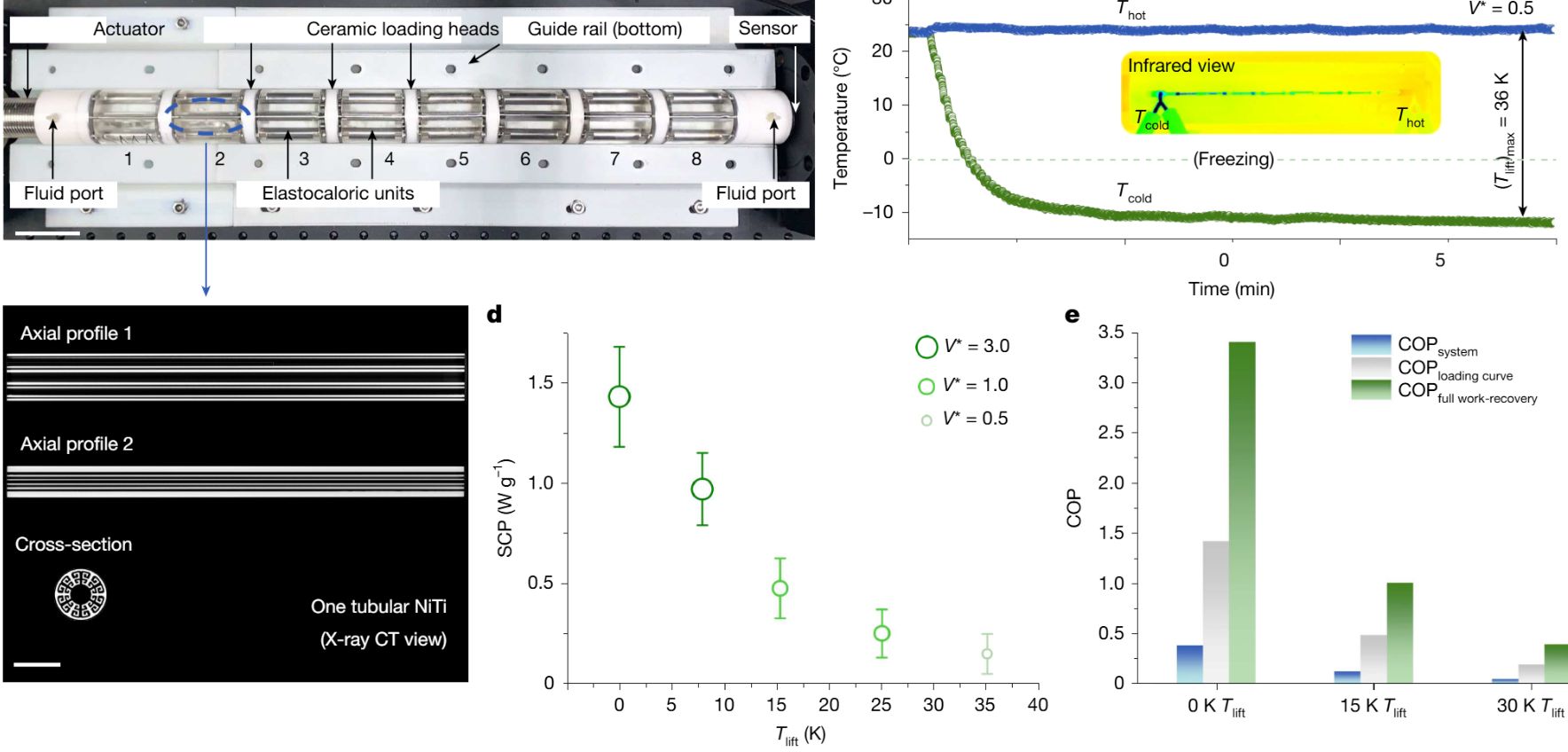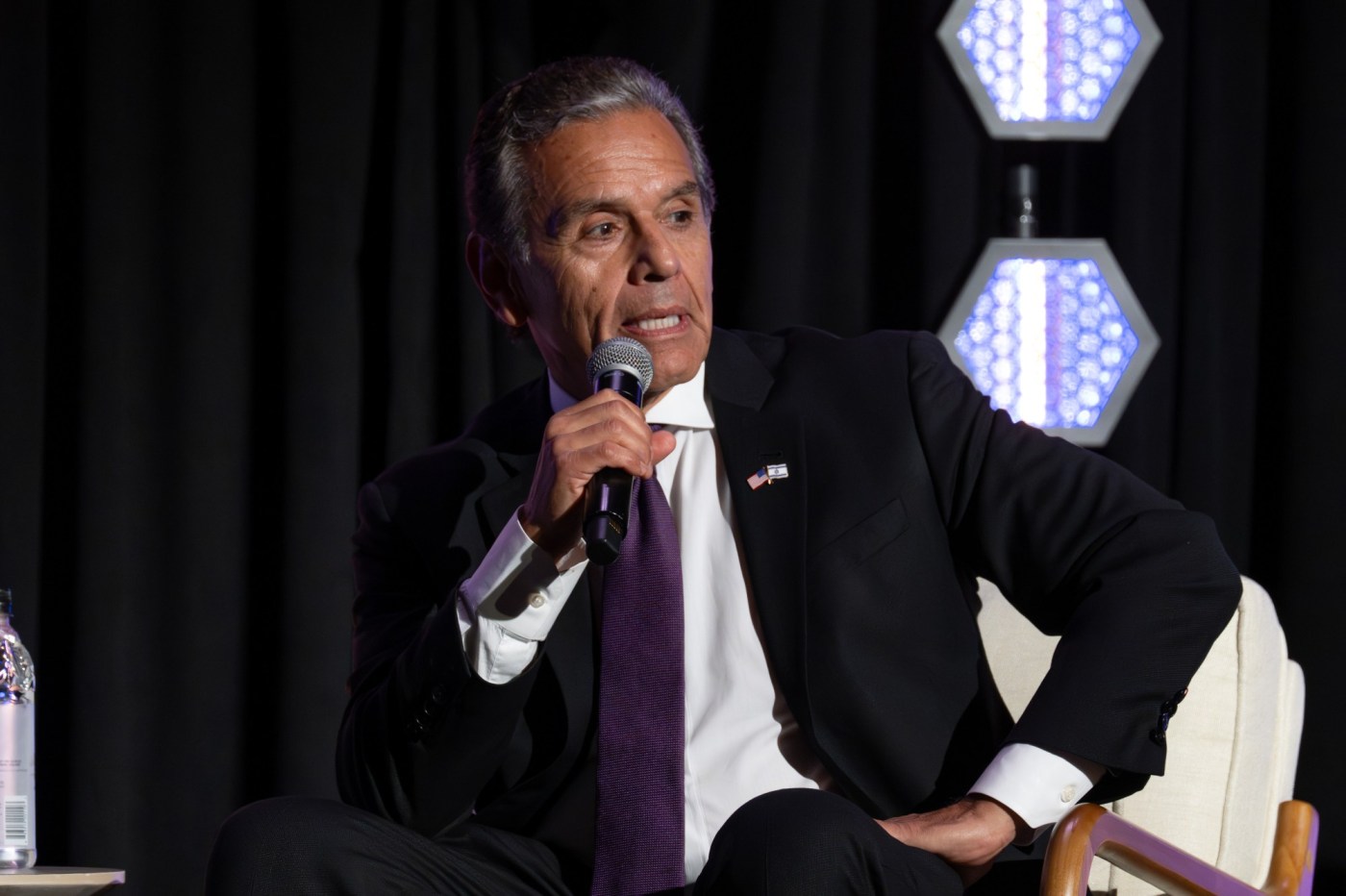
As humanity continues to push the boundaries of space exploration, researchers at the University of Nevada, Las Vegas (UNLV) are investigating the potential effects of space travel on astronauts’ brain function. This pioneering study is spearheaded by Prof. Ayan Sengupta, a renowned expert in computational neuroscience and medical imaging at UNLV’s School of Integrated Health Sciences. The research is being conducted in collaboration with an international team of four cosmonauts currently aboard the International Space Station (ISS) as part of the Axiom Mission 4.
The mission, which launched on June 25 from NASA’s Kennedy Space Center in Florida, includes representatives from the United States, Poland, Hungary, and India. It is expected to conclude with a splashdown back on Earth this weekend, marking the end of a two-week journey.
Exploring the Effects of Microgravity
Prof. Sengupta’s groundbreaking project utilizes Ultra High Field MRI scans to explore how microgravity impacts cognitive function and performance. Previous research has indicated that the weightlessness experienced during spaceflight can lead to structural changes in the brain, such as shifts within the skull, increased eye pressure, and altered blood flow. However, this study is among the first to examine how these physical changes might affect brain function.
To accomplish this, Prof. Sengupta has partnered with researchers at the University of Florida and Houston Methodist Hospital. Together, they have conducted pre-flight MRI scans on the astronauts and plan to perform post-flight scans next week in Houston to assess any changes.
Historical Context and Previous Findings
The effects of space travel on human physiology have been a subject of scientific inquiry since the dawn of the space age. Early studies, dating back to the Apollo missions, primarily focused on the physical impacts, such as muscle atrophy and bone density loss. However, as missions extended in duration and complexity, attention shifted towards understanding the neurological and cognitive effects of prolonged exposure to microgravity.
According to NASA, astronauts have reported various cognitive and sensory changes during space missions, including difficulties in spatial orientation, hand-eye coordination, and balance. These issues are believed to stem from the brain’s adaptation to a microgravity environment, which can disrupt normal sensory processing.
Implications for Future Space Missions
The findings from Prof. Sengupta’s study could have significant implications for the future of space travel, particularly as missions become longer and more ambitious, such as those planned for Mars. Understanding how microgravity affects brain function is crucial for developing countermeasures to protect astronauts’ health and performance during extended spaceflights.
Dr. Emily Thompson, a neuroscientist at the European Space Agency, emphasized the importance of this research. “As we prepare for missions beyond Earth’s orbit, ensuring the cognitive well-being of astronauts is as critical as their physical health,” she stated. “Studies like Prof. Sengupta’s provide valuable insights that will help us design better support systems for space crews.”
Looking Ahead
As the Axiom Mission 4 crew prepares to return to Earth, the completion of post-flight MRI scans will provide a comprehensive dataset for analysis. Prof. Sengupta and his team are eager to delve into the results, which could offer new perspectives on the brain’s adaptability and resilience in space.
Journalists interested in further insights or interviews with Prof. Sengupta can reach out to Keyonna Summers at UNLV Media Relations via email. Additionally, visual assets and more information about the mission are available through provided hyperlinks.
The research conducted by UNLV not only advances our understanding of spaceflight’s effects on the human brain but also underscores the collaborative efforts needed to tackle the challenges of human space exploration. As we look to the stars, such studies are essential in ensuring that astronauts are equipped to meet the demands of their extraordinary journeys.






